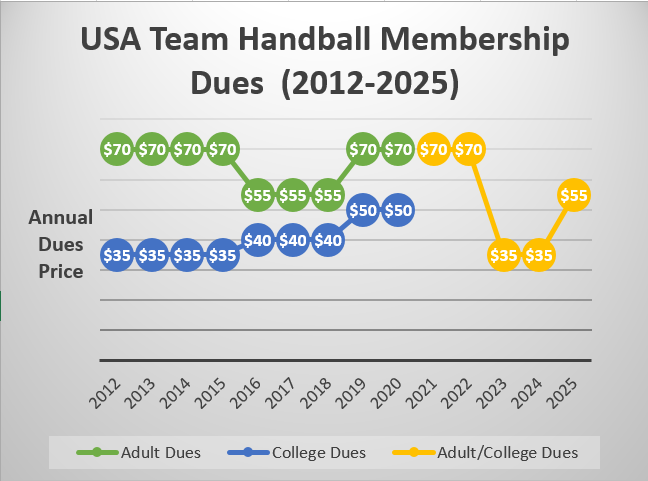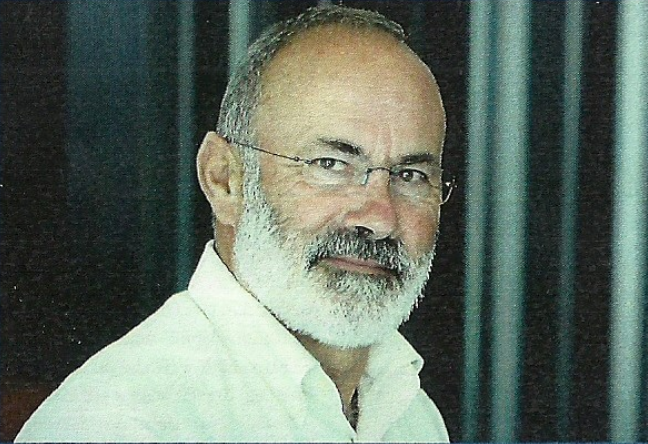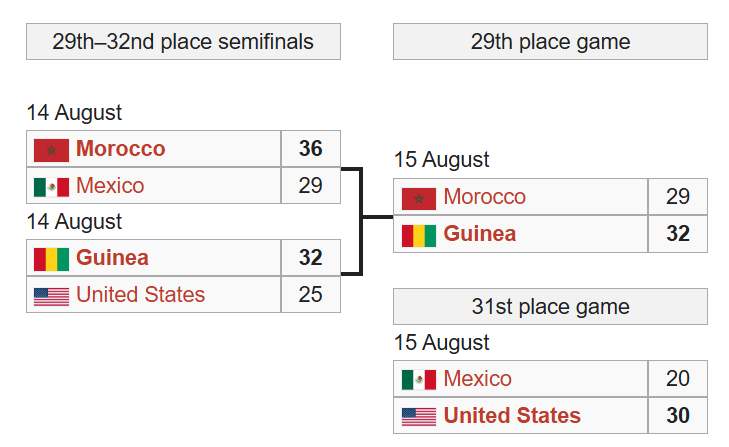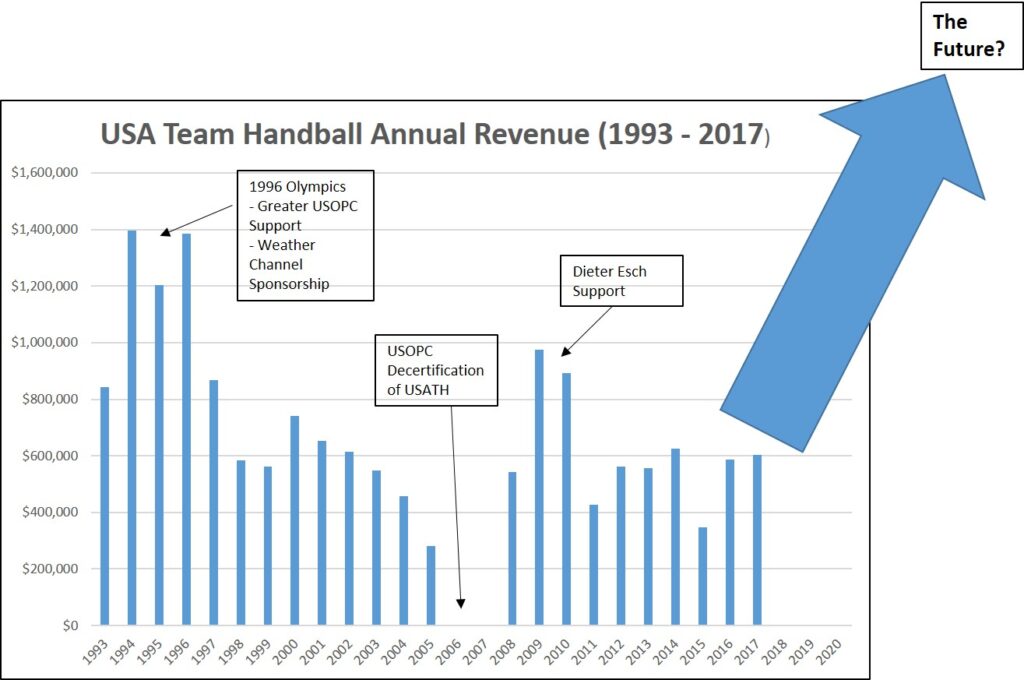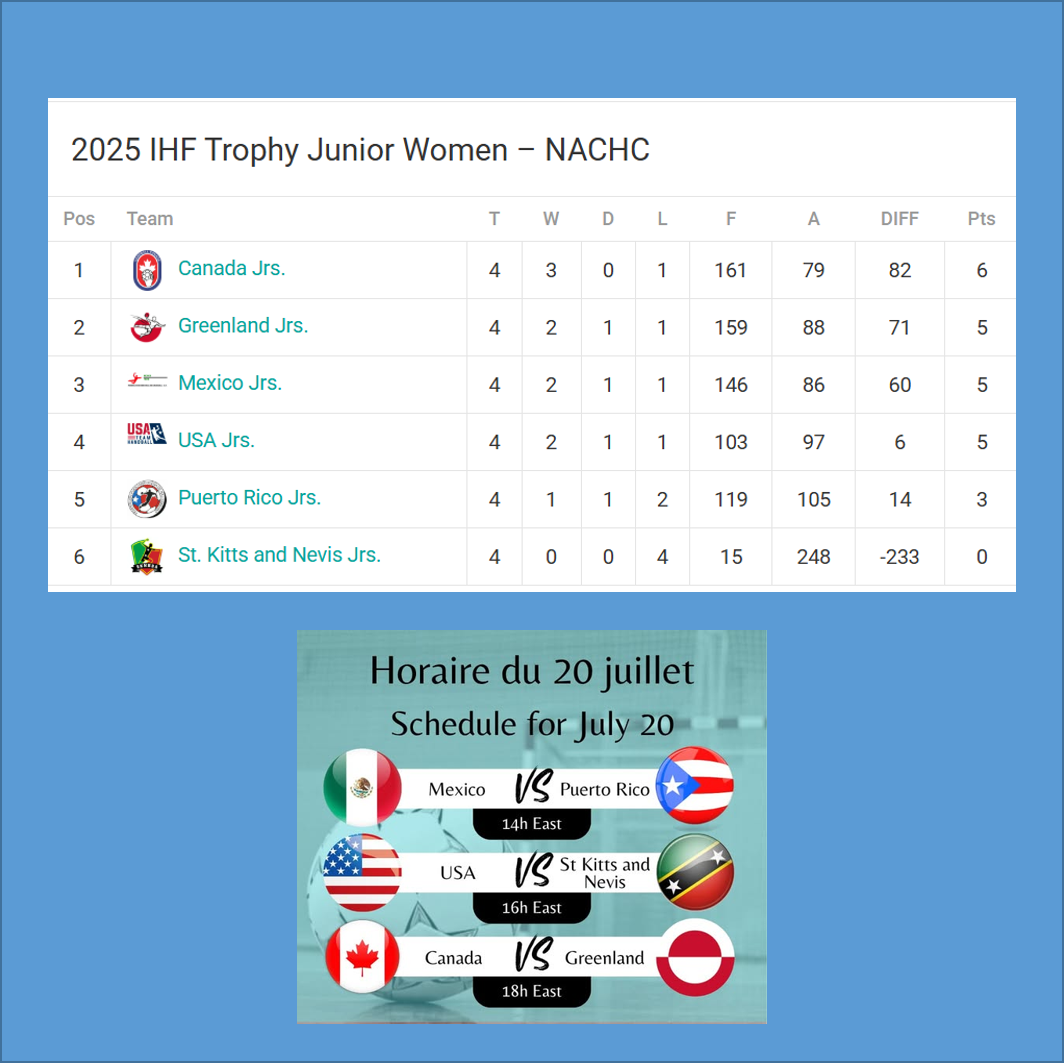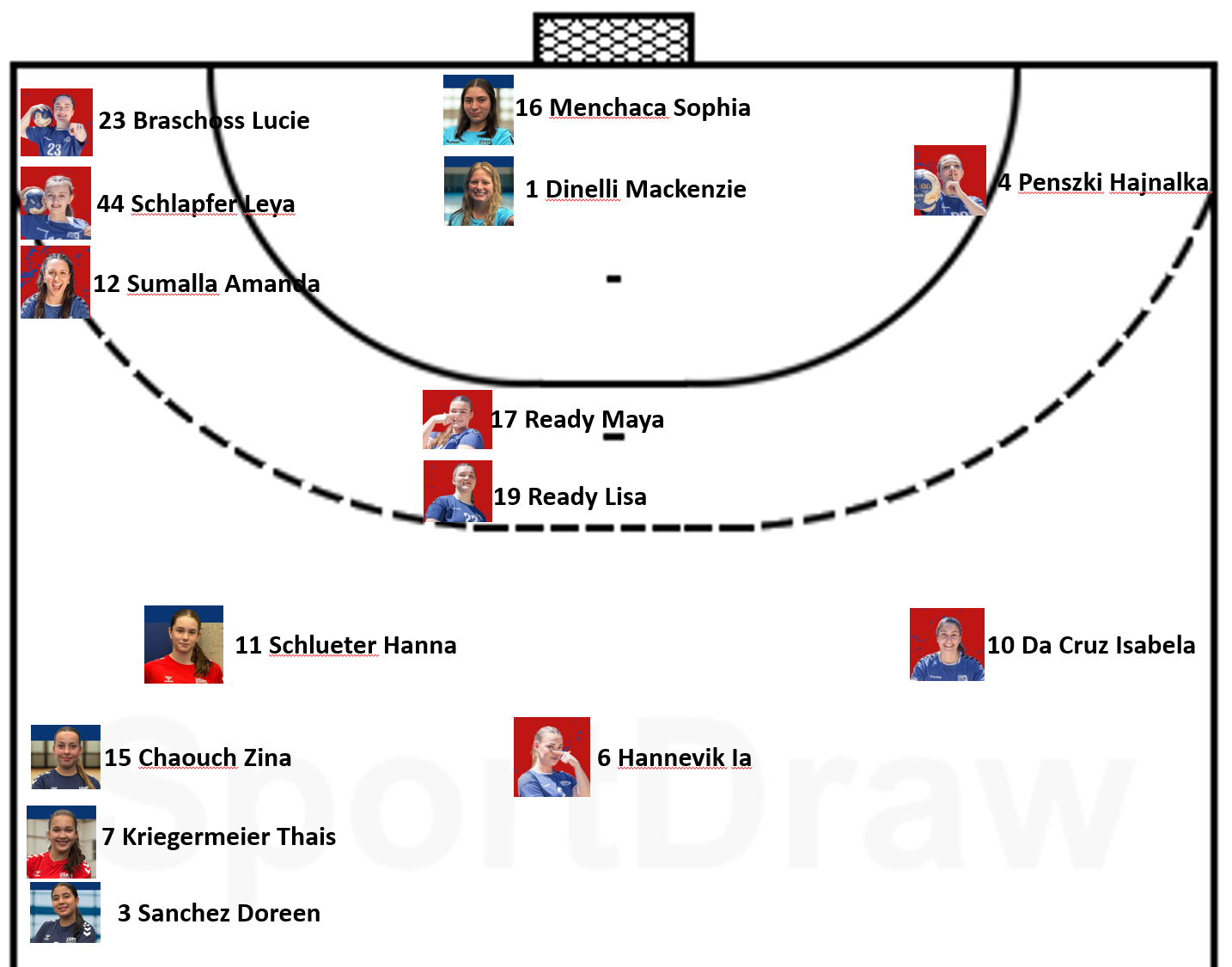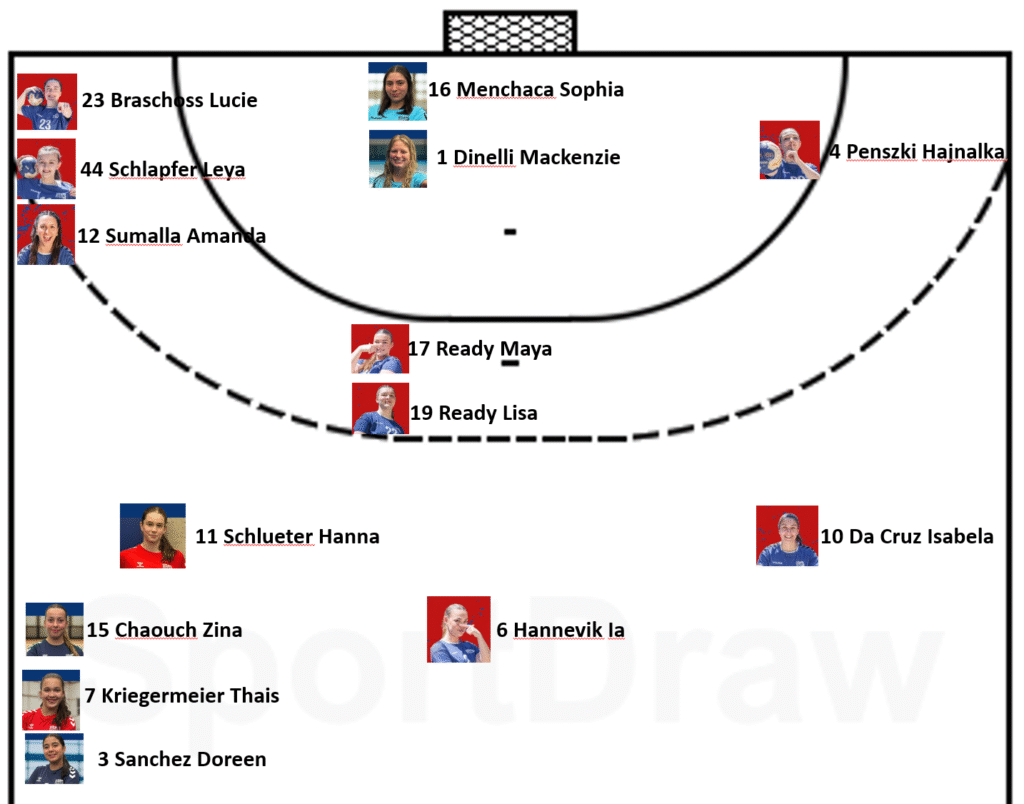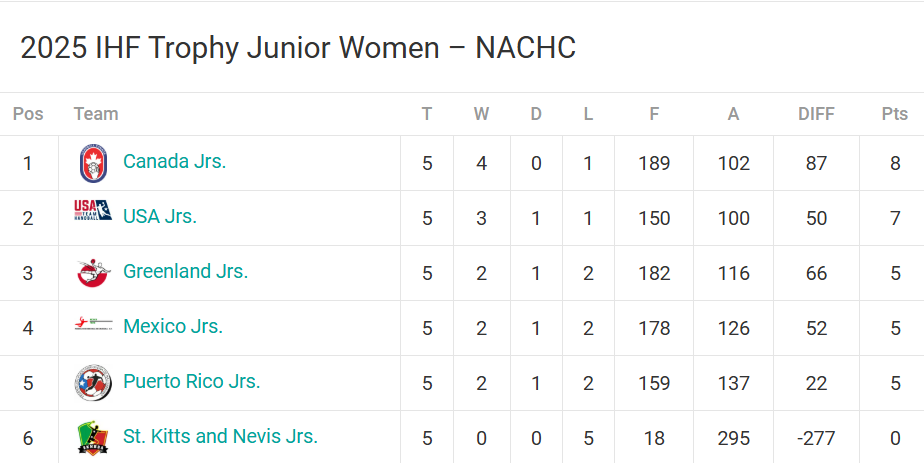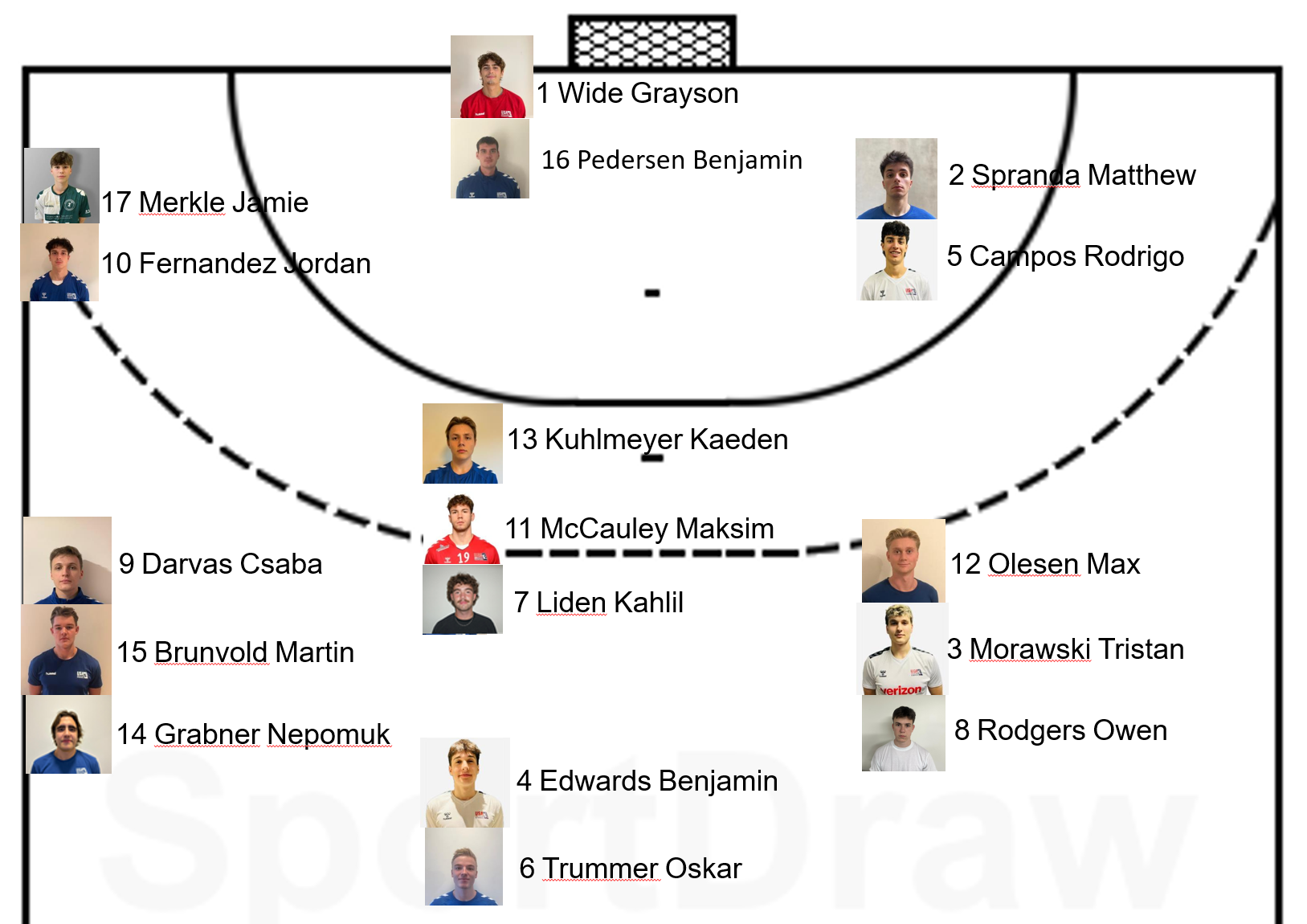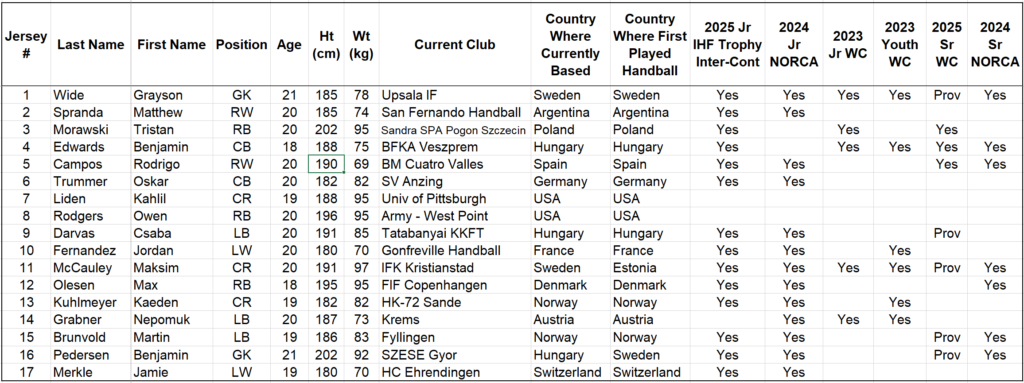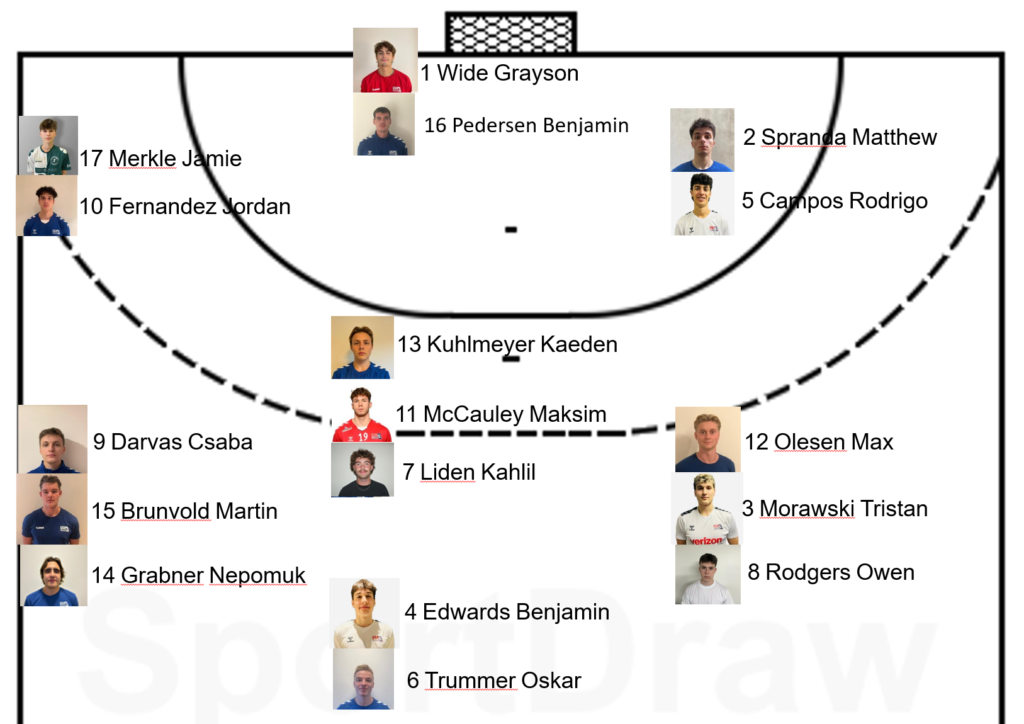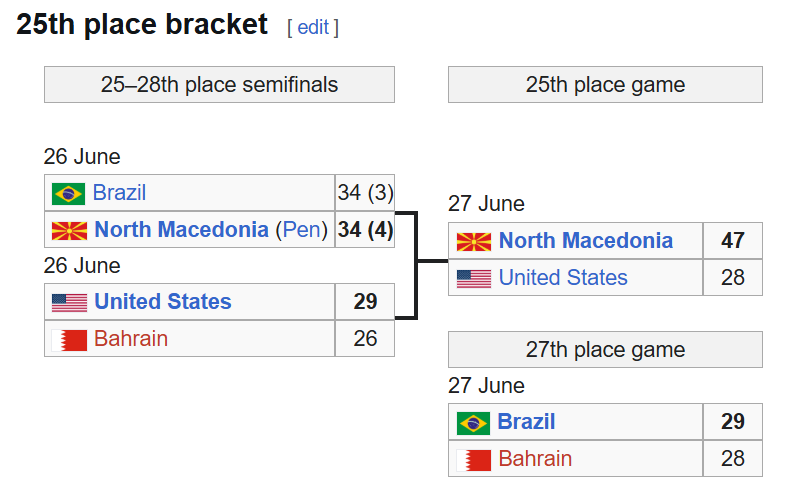(The timeline for recent changes in USA Team Handball’s Annual Membership Dues)
A Letter Missing Some Important Context…
USA Team Handball’s September Membership Newletter contains a letter from CEO Mike King to the USA Team Handball Community explaining the need to raise annual membership dues from $35 to $55. Here’s the first part of that letter:
“As many of you know, membership rates have changed over the years historically at $70, later reduced to $35. While that reduction helped lower barriers to participation, it is no longer sustainable. At $35, we do not cover even the essential costs associated with each member, including pro rata expenses for facility and accident insurance, SafeSport compliance, and administrative support.
After careful review, the Board has approved a new membership rate of $55, which better reflects the real costs of maintaining a safe, compliant, and effective environment for our athletes and programs, and does so without passing along costs of USATH’s broader operations & overhead to our members.
While this adjustment is within the Board’s authority and responsibility, it is important to note that it was informed by broader analysis of costs and operations, and made with my full recommendation as well. We understand there has been much discussion and concern in the community about this change.”
The missing context? Well, let’s break down the first two sentences of the letter
- “As many of you know, membership rates have changed over the years“: As someone who has paid dues off and on since 1987 I can assure you that is very much a true statement. My recollection is that for many years it was gradual and almost always upward… $5 here, 10 there. The primary reason for the increases? Well, the economic term is inflation.
- “historically at $70,”: Using the Internet Wayback machine I was able to track how dues have changed since 2012. Adult dues, have indeed been $70 since at least 2012, but there was 3 year period (2016-18) whereby clubs received a $15 rebate for each affiliated athlete, so, that sort of lowered dues to $55. With collegiate dues the picture is more convoluted as dues went from $35 to $50 (with a $10 rebate), then the rebate went away and then in 2021, the college rate went away entirely.
- “later reduced to $35.”: The appropriate reaction here is… “Holy missing context, Batman! What on earth happened that caused USA Team Handball to suddenly decide that a dramatic 50% reduction in dues from $70 to $35 was warranted?
- “While that reduction helped lower barriers to participation“: This next sentence implies this reduction was simply a strategy to increase participation. To entice people who weren’t playing handball because of the $70 yearly fee, but would play if the fee was just $35/year. And, arguably it also implies that this lowering of barriers actually led to significantly more participation. I’ll argue in greater detail below that both of these implications are wrong. Dues were not cut in half to lower barriers to participation and even if that was the intent… it didn’t result in significantly greater participation.
- “it is no longer sustainable.“: Sustainable is defined as “able to continue over a period of time”: If one truly wants to set a dues price that is “sustainable” the logical course of action is to set a price that is above costs such that it can absorb price increases (principally due to inflation) for several years. One would have to see the financials, but I’m thinking that $35 was never realistically sustainable.
The Bad and Comical Optics: The Same Person is Responsible for the Largest Drop and Highest Increase in USA Team Handball Dues History:
So why did then USA Team Handball suddenly decide two years ago that a 50% cost reduction was the thing to do? Well, that would be entirely attributable to the short lived US Handball Union’s strategy in August 2023 to undercut USA Team Handball with a $35 membership fee. Handball athletes, like most people, are hesitant to change and uncertainty, but if you’re going to charge 50% less for something… that, just might be worth the risk. And, coupled with USA Team Handball’s painfully slow reaction (they matched the lower price in Nov 2023) to a new competitor it resulted in a disrupted season, with some competitions under the Union, some being run independently and just 2 events being sanctioned by USA Team Handball.
This portion of the “Sequence of Events” is discussed here. And, really if you haven’t watched the whole sequence and are looking for more context as to why we are in the state we are in now… you probably should find the time.
I guess one could view the Handball Union dues reduction strategy as simply a sound disruptive, business strategy. For sure, it wouldn’t be the first time a new business came online with a substantially lower price to siphon away customers from the legacy business. Competition is a good thing and helps keep prices low and service better.
The argument at the time was that USA Team Handball was not doing a very good job at organizing competition. In particular, many people were not pleased with the National Championships being held in Spokane two years in a row. And, that it was costing everyone way more than it should… hence the dramatically cheaper US Handball Union memberships dues price. I don’t think the Handball Union season (2023-24) was any better than the USA Team Handball season before it… but it sure was cheaper for the athletes. And, so was last season (2024-25).
And, now we get to the bad optics. Everyone is now being told that the two year experiment with $35 dues is suddenly no longer sustainable. And, the person (USA Team Handball, CEO Mike King) providing this new message of “no longer sustainable” is the very same person (US Handball Union, Exec Director Mike King) who convinced people two years ago to join the bargain, better and cheaper, only $35/year, US Handball Union. If you don’t understand how this is bad, even comical optics… I give up.
FYI folks… it was never sustainable from day 1. But, it sure was effective in getting some folks to buy into a scheme a couple of years ago. And, to be clear, I don’t really hold anything against a rank and file athlete deciding whether he wants to pay $35 or $70 to play handball. That’s a no-brainer. But, the higher up the food chain you go… Yeah, there’s some blame there. And, if you were a USA Team Handball board member and not asking some financial related questions prior to the “merger” of the US Handball Union and USA Team Handball… Well, if one reviews the Board Meeting Notes from the summer of 2024… you’ll note that some board members were more curious than others and you don’t need to be a rocket scientist to guess how they voted in the infamous 3-2 vote that installed our current CEO.
The Already Committed do not Need Lower Barriers
Furthermore, the dues reduction did not result in a run on new memberships. Certainly, not for already committed handball playing athletes. No, all that did was put a little smile on the faces of a bunch of people who wouldn’t have thought twice about paying $70. Seriously, virtually every adult member who plays handball in the U.S. pays several hunded dollars a year to play handball. And, those travelling by plane 2-3 times a year are likely somewhere in the $1-2K range for their handball hobby. $35 is practically nothing in that context. Where it might possibly make sense is with new handball athletes, the bulk of whom are collegiate athletes.
At the end of the day… we are almost right back where we started from. Teams are still playing in the same weekend tournaments they were playing before the disruption. I actually like some of the recent reforms done for beach handball and NACHC Club Championship qualification… but, that could have been done without all the disruption.
Back to a College/Adult Price Split?
And, while dues are still less than what they were before ($55 instead of $70) don’t be surprised if this is just a temporary stop on the way to higher, more sustainable price. In fact, I would argue that USA Team Handball should actually go back to the $35/$70 split between the college and adult charge. Yes, I know that college students are adults, but having spent the last couple of weeks recruiting college students to try a new sport I would advocate charging them less… because they are more price conscious. So, I’m not sure whether the financials support it, but theoretically the money for an one rate ($55) vs two rates ($35-college and $70-adult) might not be too much different. Yes, let’s go back to 2015
Kudos to new Independent Board Member, Olga Chaikouskaya
Also worthy of mention: I suspect that the issue of bargain basement dues rate might never have even been addressed if not for new Board Member, Olga Chaikouskaya who also is on the audit committee. In the July 2 Board Meeting Minutes she brought the topic up.

I say this because the financial costs of a wide ranging operation like USA Team Handball don’t necessarily have to be fully alligned with revenue. Or, in other words the budget deficit associated with membership benefits could, and probably was being paid by revenues accrued elsewhere. Maybe our CEO was already aware of this disconnect and had brought it to the Audit Committee’s attention. Maybe…
Such pay Peter to pay Paul budgeting, if done to excess, can be problematic and such a maneuver by USA Rugby led to a lawsuit and played a role in that organization going bankrupt. Except in USA Rugby’s case it was the membership getting screwed over by the accounting switcheroo… not benefitting from it. Again, I’d have to see the financial data to make that assessment, but it’s good to know that at least one board member seems to already be asking the right questions.
Bad Optics. Does it even Matter anymore?
It’s all a bit bewildering to me. Whether it’s the yo-yo dues issue I’ve detailed here or the loss of Forum Club Handball (FCH) support to USA Player development or a lost World Championships Wild Card due to a convoluted hiring process for an interim Women’s coach or the best Men’s coach we’ve had in years departing on acrimonious terms or a Men’s coaching hiring with quid pro quo optics so bad it leads to a former European Handball Federation (EHF) President resigning from the IHF USA New Market Project it seemingly doesn’t matter… at least to some people anyway. Bewildering, but begrudgingly, though I have to admire the salesmanship. Folks that were up in arms over the previous CEO’s “incompetence” seemingly can look the other way at all the bad news that’s come afterwards as if it’s all no big deal. And, that’s not even factoring in what was essentially a lost season (23-24) where rival organizations led to very little being accomplished in what should have been a lot of promotion tied to the 2024 Paris Olympics. Yes, it was all totally worth it… <sigh>
It even sort of reminds me a bit of Donald Trump’s claim that he could shoot someone on New York’s 5th Avenue and not lose his voters. I’m not a fan of our current President, but I’ve got to respect his ability to continuously sell his presidency to his unwavering base of support. And, yes I’m not a fan of our current CEO, but one has to respect the salesmanship. People that really should know better are apparently happy with everything that has taken place. That, my friends, is some uber salesmanship.
I just wish those skills were also bringing in more significant sponsorship. And, honestly, I’m pretty surprised it hasn’t yet. After all, if you can sell some folks who really care about handball that everything is A-OK, then selling our great sport to companies that want to be part of the LA 2028 Olympics should be a walk in the park.
